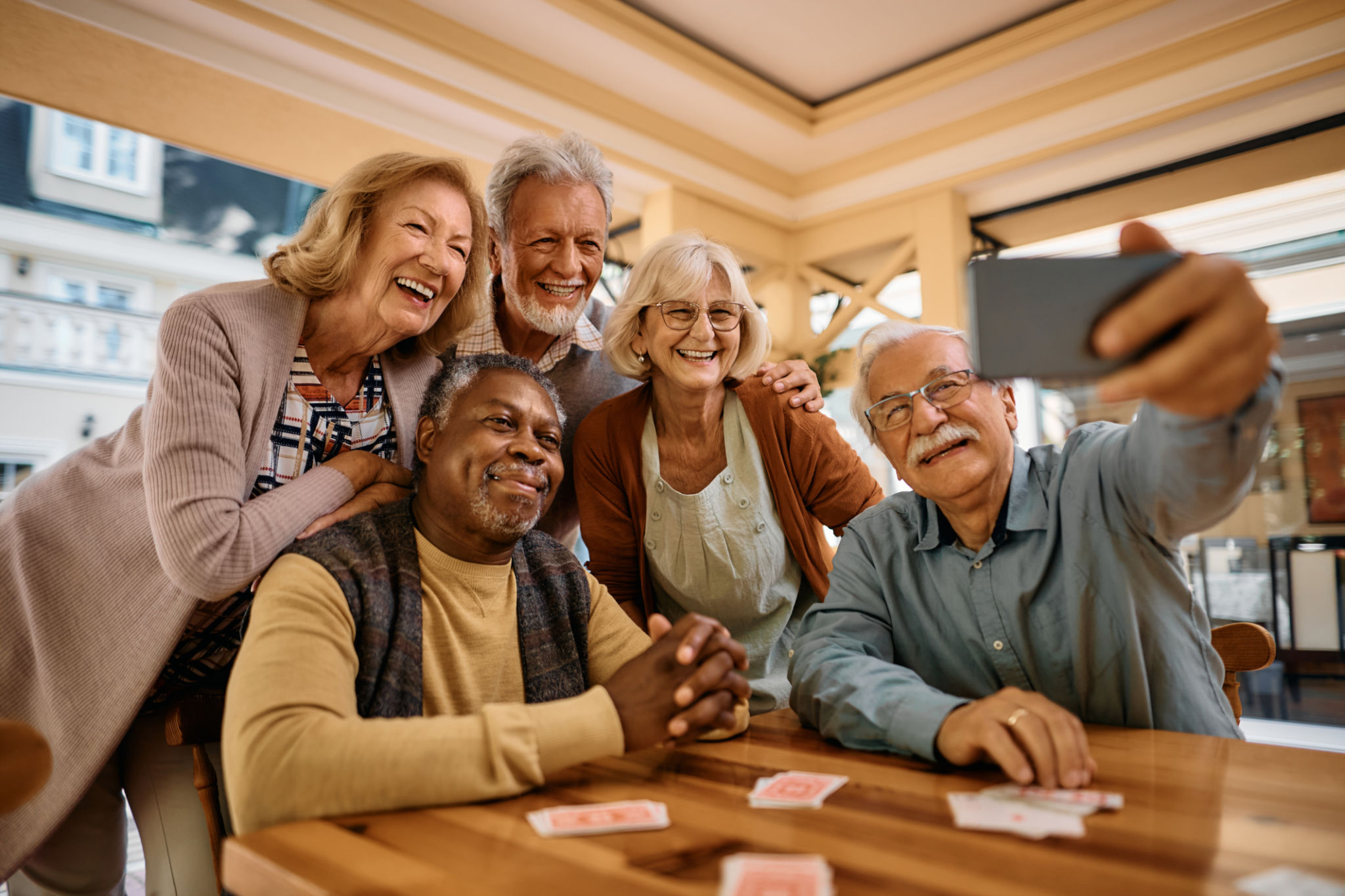Myths About Senior Transitions in Hawaii: What’s True and What’s Not
Understanding Senior Transitions in Hawaii
Senior transitions, particularly in a unique location like Hawaii, can be surrounded by a myriad of myths. These misconceptions can create unnecessary stress and confusion for both seniors and their families. It's essential to distinguish between what’s true and what’s not to ensure a smooth transition.

Myth 1: Moving to Senior Living Means Losing Independence
One common myth is that moving to a senior living community means sacrificing independence. In reality, many senior living facilities in Hawaii are designed to support an independent lifestyle while providing assistance as needed. These communities offer various amenities and activities that encourage social engagement and personal growth.
Seniors can enjoy their own living spaces, participate in group activities, and even explore hobbies they've always wanted to try. The goal is not to restrict freedom but to enhance the quality of life.
Myth 2: Senior Living is Too Expensive
Another prevalent myth is that transitioning to senior living is prohibitively expensive. While costs can vary, there are numerous options available across Hawaii to fit different budgets. Many communities offer tiered pricing models based on the level of care required and amenities chosen.
Additionally, financial assistance programs and long-term care insurance can help make these transitions more affordable. It’s important for families to research and discuss financial planning early in the process.

Myth 3: Family Members Should Be Caregivers
There is often an expectation that family members should take on the role of caregiver. Although family involvement is valuable, it’s not always feasible or healthy for the family dynamic. Professional caregivers in senior communities provide specialized care that family members may not be equipped to offer.
Utilizing professional care allows family members to focus on maintaining a supportive and positive relationship with their loved ones instead of managing the stress of caregiving duties alone.
Myth 4: Seniors Will Be Isolated
A significant concern is that seniors will feel isolated after transitioning to a senior living community. However, this is largely unfounded in Hawaii's vibrant senior communities. Many facilities prioritize creating a sense of community through social events, cultural activities, and trips around the islands.
Maintaining social connections is vital for mental health, and these communities strive to provide ample opportunities for interaction and engagement among residents.

Myth 5: Senior Communities Lack Quality Healthcare
Finally, there's a misconception that senior living communities do not provide adequate healthcare. On the contrary, many communities in Hawaii are equipped with skilled healthcare professionals who offer personalized care plans tailored to individual needs.
The integration of healthcare services within these communities ensures that seniors receive timely medical attention and support, contributing significantly to their overall well-being.
In conclusion, understanding the realities of senior transitions in Hawaii can alleviate concerns and help families make informed decisions. By dispelling these myths, seniors and their loved ones can focus on finding the best living situation that caters to their needs and enhances their quality of life.
Aloha Senior 411 | Senior Home Transition Services in Hawai‘i
Aloha Senior 411 helps families across Oʻahu and the Neighbor Islands with senior home transitions, estate property preparation, and selling a parent’s home. Our services include decluttering and home clearing, minor repairs, cost-effective improvements, professional staging, and real estate sales coordination—all managed through one trusted point of contact.
Founded by a Hawaii real estate broker with over 30 years of experience, we specialize in helping families reduce stress, avoid costly mistakes, and maximize home value during major life transitions.
It all starts with a consultation.
